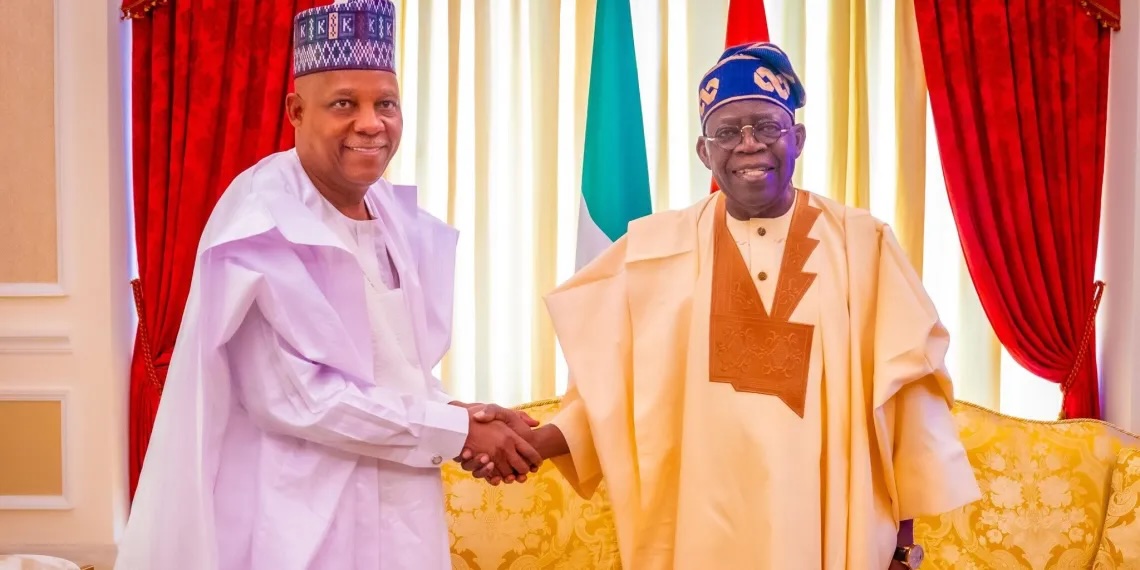In the early days when recession became a national concern in Nigeria, it was common to hear managers of the economy talk of “spending our way out of recession.” For reasons apparently known only to government officials, it was believed that by increasing government expenditures or, by technical-speak, aggregate demand, somehow the available goods and services would commensurately increase.
That trend would eventually ride out recession. Recession, lest we forget, occurs when an economy records negative growth in two successive quarters. Apparently, the proponents of “spending our way out of recession” believe that economic growth ultimately results when aggregate demand is increased.
Even today, as in the early days, successive managers of the Nigerian economy evidently still believe in that notion; but does experience vindicate the proposition that an economy could spend her way out of recession? Before attempting to answer the question it would assist our understanding of the complex subject if we first looked at a pertinent period in the history of the USA.
The Council of Economic Advisers (CEA), established in 194 is an agency in the Executive Office of the U.S. president. It provides the president with objective economic analysis and advice on the development and implementation of a wide range of domestic and international economic policy issues.
About three years following the CEA’s establishment, a major dispute erupted between chairman Edwin Nourse and member Leon Keyserling. Nourse had believed, as a means of keeping recession in check, that a choice had to be made between increasing defence spending, the U.S. largest budget component, and manufacturing infrastructure. But Keyserling counter-argued that an expanding economy permitted large defence expenditures without necessarily sacrificing an increased standard of living, nor going into a recession.
It should be recalled that that period coincided with the aftermath of the World War ll, wherein the entire Europe was being rebuilt with U.S. dollar. The USA couldn’t see nor hear any evil, literally. The U.S. industrial military complex therefore rallied behind Keyserling; notably, President Harry Truman’s top advisors Dean Acheson and Clark Clifford openly supported Keyserling’s argument.
Eventually Nourse resigned his chairmanship, and rather tellingly, warning about the dangers of budget deficits and increased funding of what he termed wasteful defence costs. Expectedly, Keyserling succeeded to the chairmanship. He would subsequently influence president Truman’s Fair Deal proposals and the economic Sections of the National Security Council Resolution 68 that, in 1950 asserted that the larger armed forces the U.S. needed would not affect living standards or risk the “transformation of the free character of our economy.” The severe recession which hit the U.S. economy a couple of years following that assertion merely affirmed the myth of Keyserling’s argument back in 1949.
Keyserling had failed to see that the then phenomenal growth in the U.S. economy was made possible by the virtual monopoly which his country enjoyed in the world at the material time: whilst the rest of the world engaged in warfare between 1939 and 1945, the USA was engaged in producing the weapons.
After the cessation of hostilities in 1945, the USA again had the monopoly of providing the loans to rebuild the devastated European continent. The Keyserling Myth took that unfurling trend to be good for all time! It therefore prioritised military spending over civilian manufacturing, as the Yankees put it at the time, “Keyserling put guns over butter.”
Again, rather tellingly, the last country to capitulate in the World War ll, Japan, did the opposite, it prioritised civilian manufacturing; and in less than two decades became a leading global economy. The Japanese mindset soon spread across the Asian continent resulting in the Asian Tigers phenomenon. It is debatable whether or not the U.S. economy has fully recovered from the consequences of the Keyserling myth even decades into the 21st century: while the Asian economies continue to soar, the U.S. economy still struggles to balance her books.
First lesson: In a post-colonisation era and, supposedly internationally supervised world, nations must significantly deemphasise military spending.
Second lesson: Bloated national budgets do not always result in net economic growth, much less ride out a recession. This is palpably evident in the economic performance of most African countries where, saving few, in spite of their respective disproportionately bloated national budgets and deficit spending, the Real Sector, or manufacturing sector remains less than five per cent of Gross Domestic Product (GDP).
The typical figure for a well-run economy is 35 per cent of GDP. It is therefore puzzling to see some African countries with poor performing manufacturing sectors proclaiming economic growth simply because there’s been a quantum leap in their respective national spending. National expenditures in the name of Infrastructure has been stretched beyond recognition over the years, so much so that it has become necessary in Africa to clinically define the term. Increases in national spending should be diligently targeted at enhancing civilian manufacturing infrastructure – Africa must beware of the Keyserling tyth!
Nkemdiche, is an engineering consultant.






